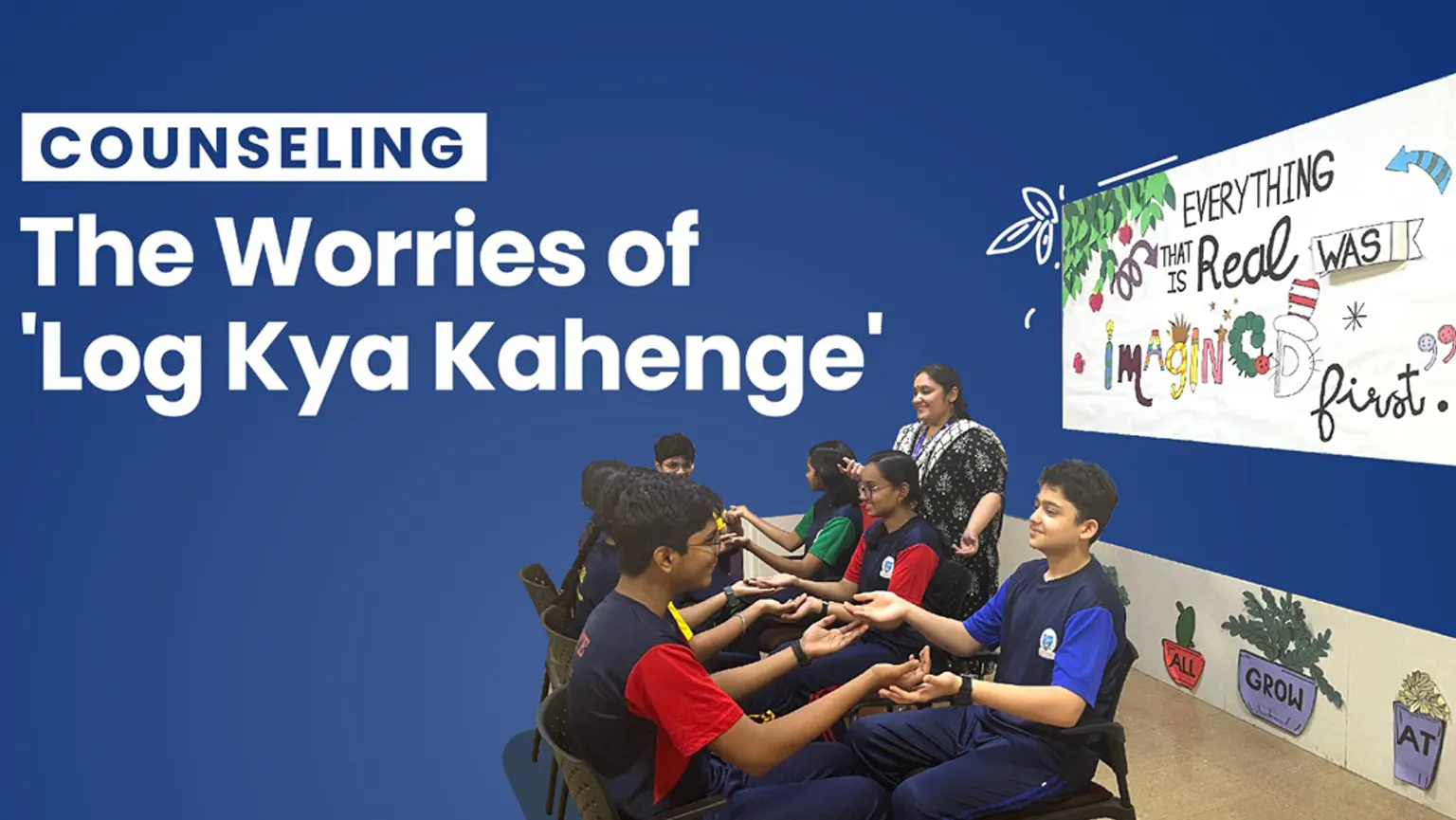An individual who has been fortunate enough to have their parents’ support since they were little flourishes to have a full and contented life. His decision in life will not have an impact on his prospects, and he has the ability to think critically from several angles. The significance of parental participation has been emphasised by every psychologist.
There is a big social stigma and a sense of shame about what people in the community could say if I visit a counselor – ‘they’ll think I am brainless’. Going to a counselor or a psychologist implies people will call me or my child a ‘pagal’. Such an ideology also depicts mental health difficulties or behavioral issues as a sign of human weakness rather than as just another sickness that requires medical management.
The fact that students are people with feelings, insecurities, peer pressure, social acceptance, concerns, and the like should also be taken into account. A parent may not think much of a child’s mood because it doesn’t help them earn good grades on their report cards. However, if a child receives a lower grade, the parent pays close attention since it fosters social recognition. Today’s parents want teachers to focus on the curriculum rather than teaching students life skills due to increased competition. They also want students to spend most of their time studying excessively, which leads to students becoming trapped in a bubble of disillusionment that is surrounded by books and exams.
A happy child is a healthy child, to put it simply. What then causes a parent to question or delay getting professional treatment if they are experiencing mental distress? … Just because people will talk in society? Merely because the parent believes my child won’t experience any emotional problems? Just because something can’t be physically seen doesn’t mean it doesn’t exist and can thus be ignored. Do they simply not feel the need to because they have not educated themselves to do so? Simply because they believe that counseling involves talking and can be performed by anyone at home?
Let’s put a halt to this for now. Instances of 9 to 10 year olds committing suicide, 7 year olds feeling mentally exhausted, 11 year olds saying they don’t want to write anymore because they feel watched all the time, 12 to 13 year olds becoming drug addicts and getting into polygamous relationships, 14 year olds suffering from insomnia and eating disorders are all cases that we have seen. It’s time to talk about mental health and stop treating it like a joke.
When was the last time you brought up the topic of your child’s emotional well-being and comfort in class with the teacher at a PTM?
Please take a note that indications are frequently imperceptible until they are made clear. For instance, depression typically lacks significant external symptoms. It is a lack of drive to do routine tasks and a lack of enjoyment in formerly enjoyable pursuits. This is difficult to see unless you’re a specialist because those who suffer from it are typically assumed to be lethargic. Lethargy, dyspepsia, and persistent body aches are all physical signs of mental health problems that go unrecognized, according to research, and 70% of adolescents and teenagers have severe mental disease by the time they receive a diagnosis.
We all need to understand that it’s okay to not feel good and that mental illness may be cured if treated in a timely manner. Anxiety is a chemical imbalance in our brain, just like thyroid problems are caused by an imbalance of hormones.
40% of Indians prefer to call friends instead of their family when they are experiencing mental or emotional problems, according to a survey by the mental health platform LISSUN with more than 500 healthcare professionals. More than 60% of respondents claimed that families still stigmatize counseling or therapy. With Thakur School of Global Education’s Mental Health Education, we promote positive mental health by building self-confidence and self-esteem. Also, we contribute to eliminating stigma and foster resiliency through the awareness of mental health.
On an ending note
By focusing on students’ mental health, the school not only improves their academic achievement, but also prepares them for a healthier and happier future.





